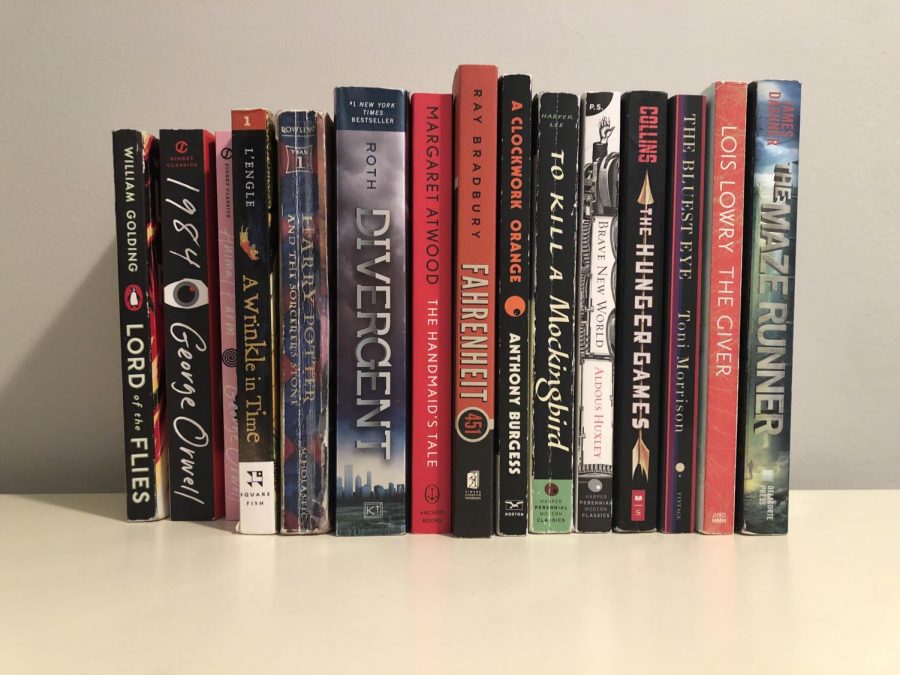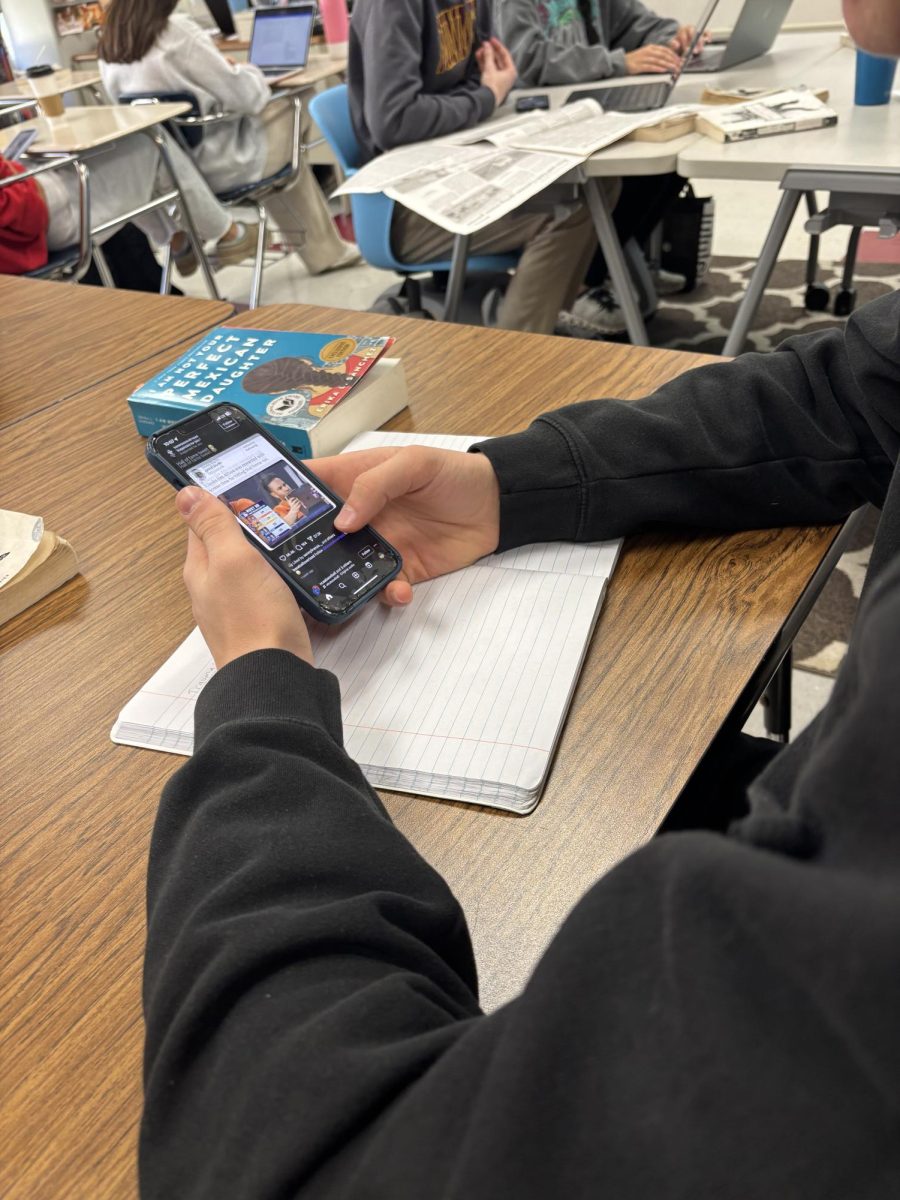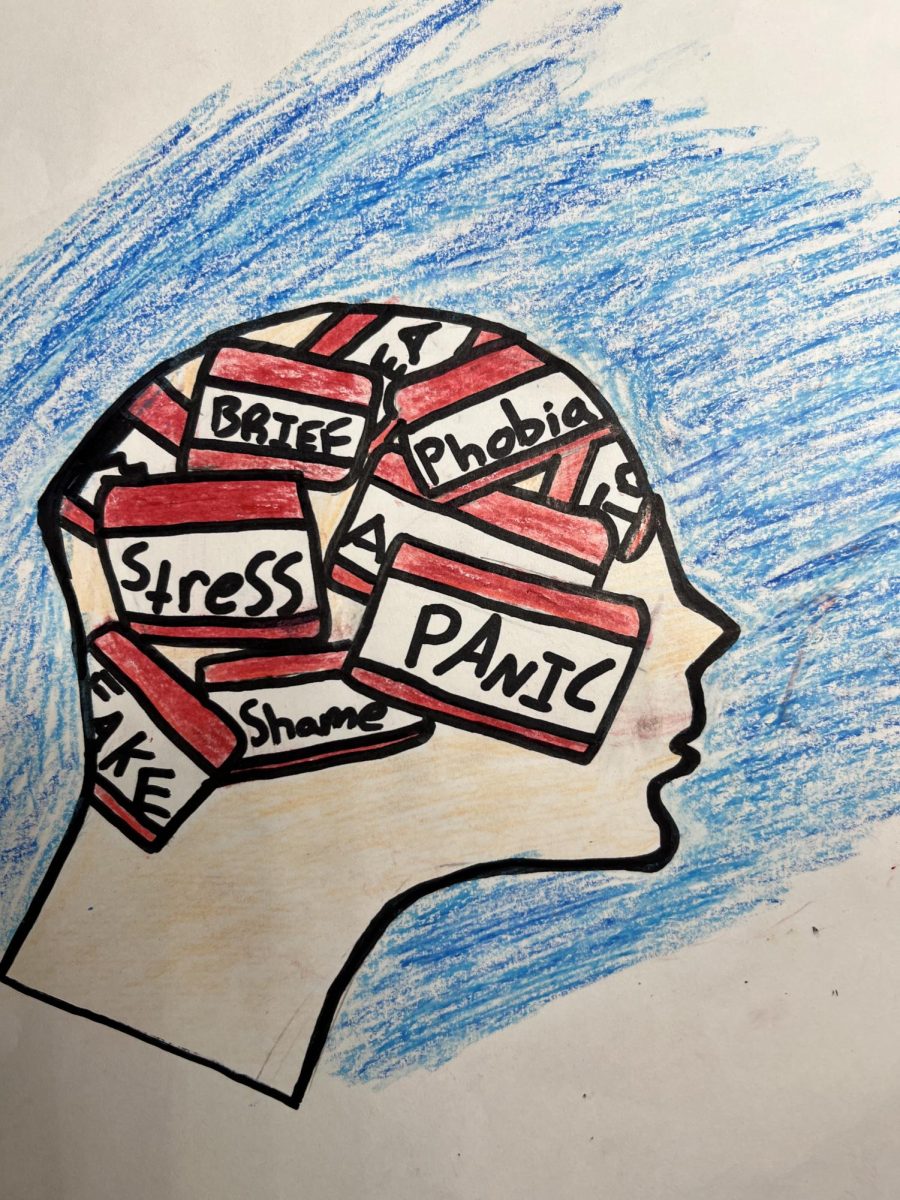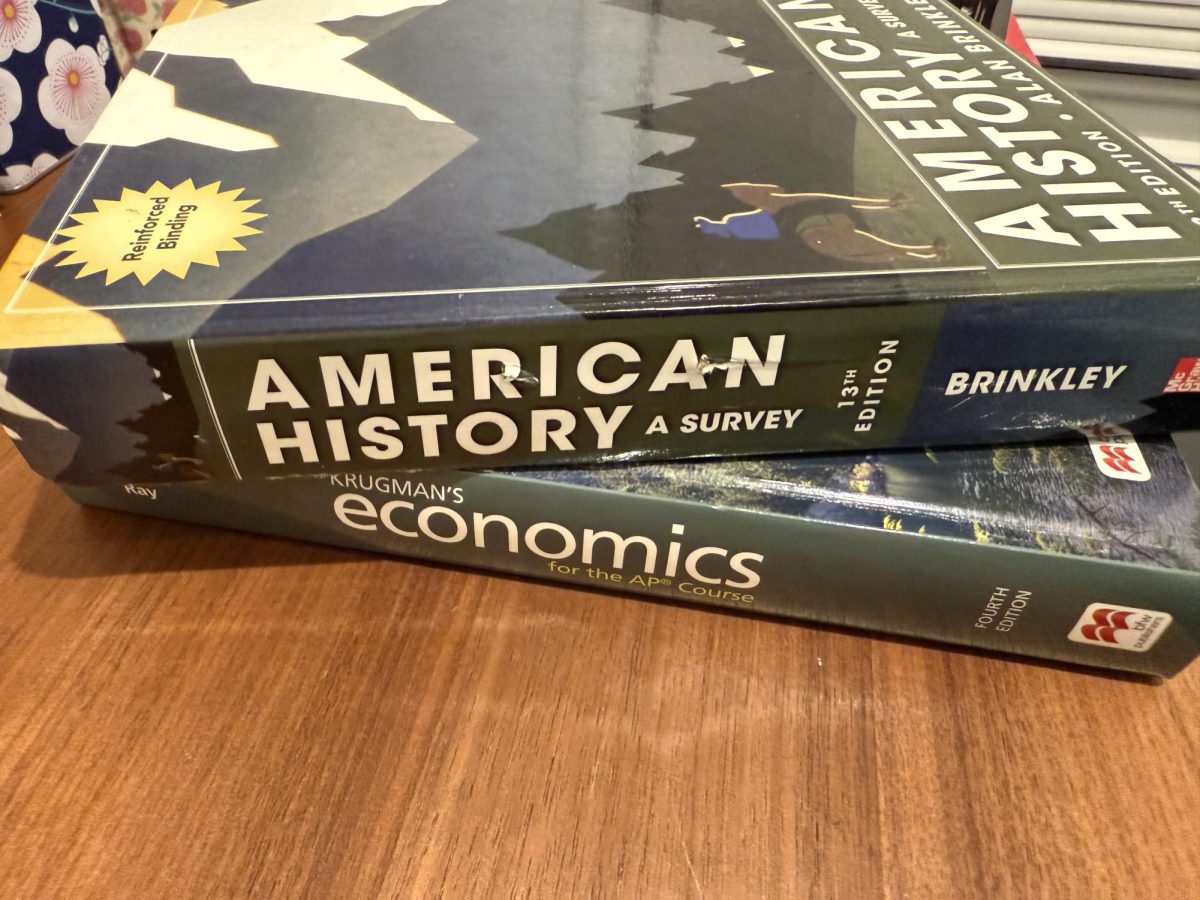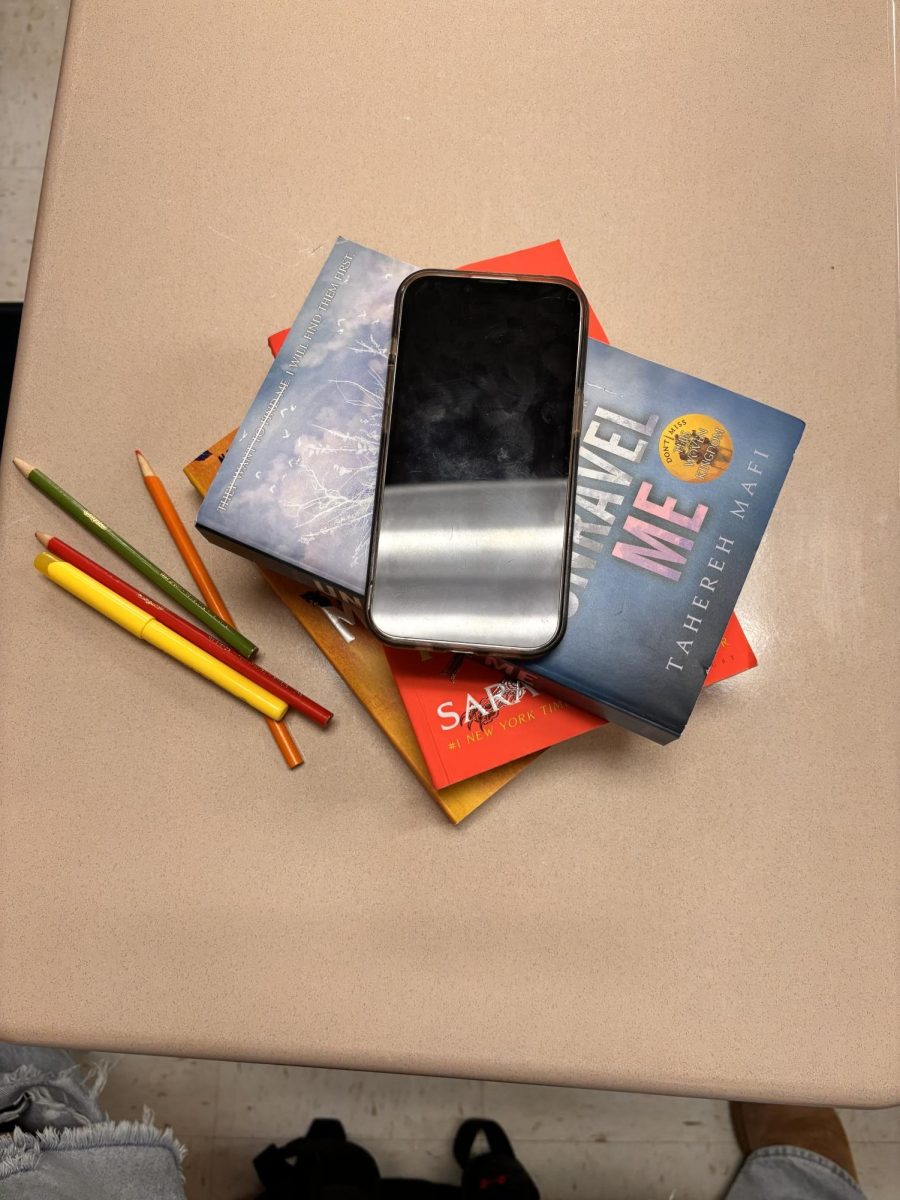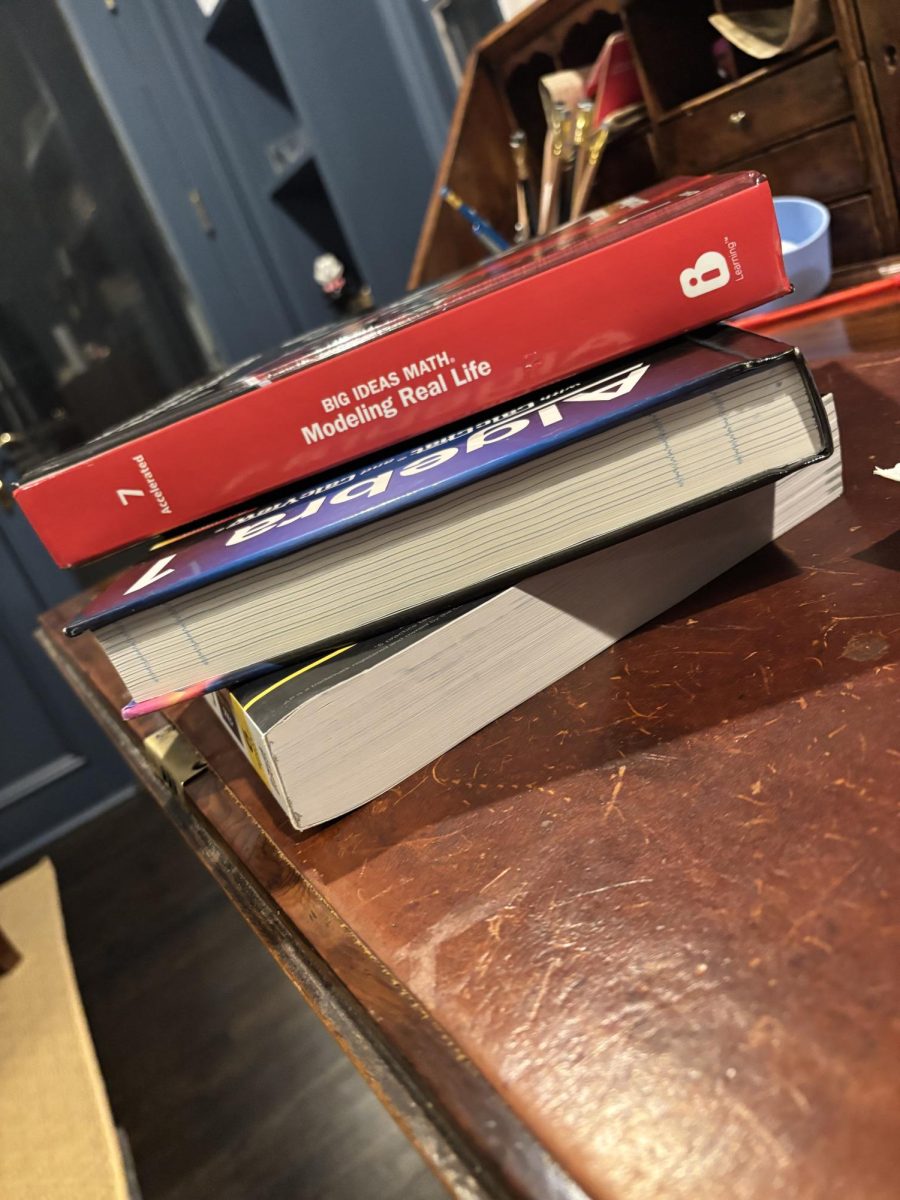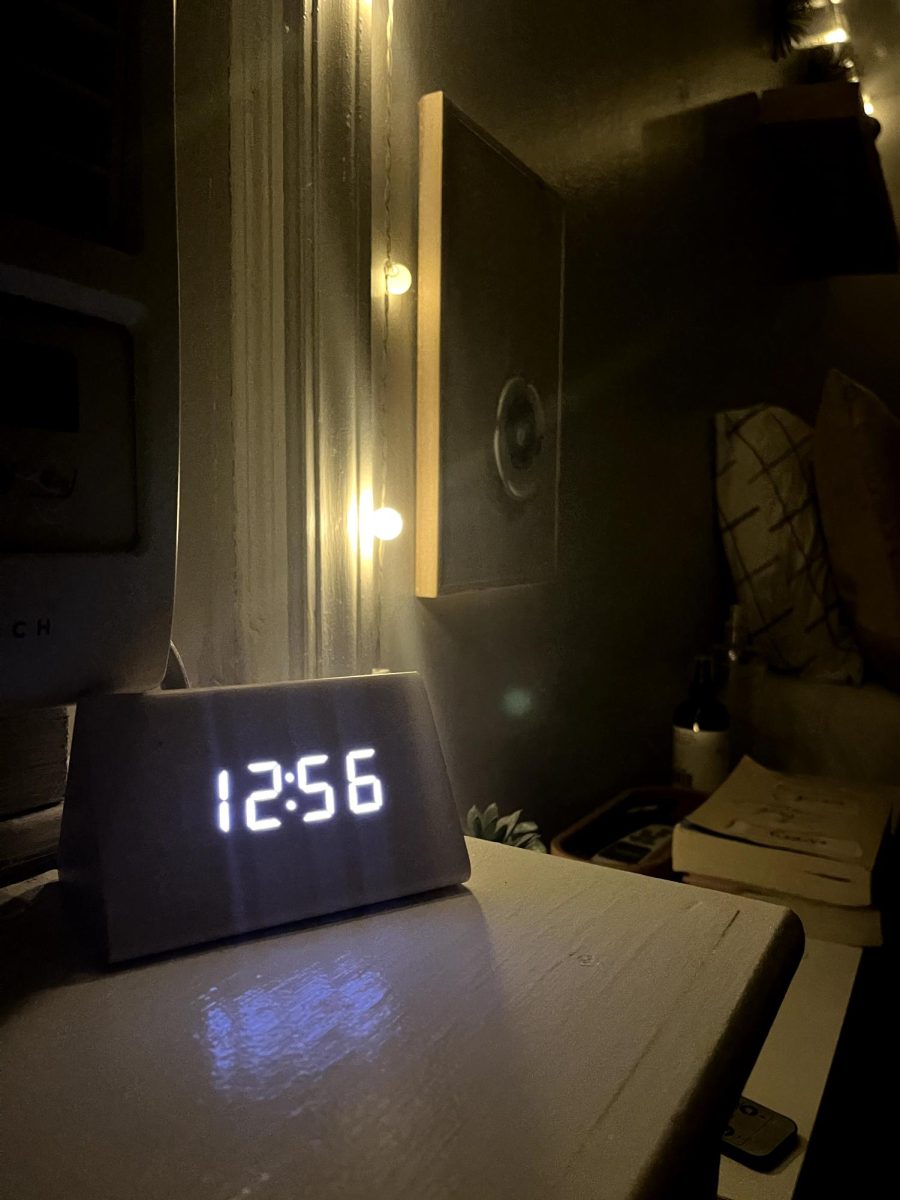In 2012, attorney and activist, Reshma Saujani founded the company Girls Who Code. On the company’s official website Saujani explains that she “visited local schools and saw the gender gap in computing classes firsthand, which led her to start Girls Who Code.”
“Girls Who Code is on a mission to close the gender gap in technology and to change the image of what a programmer looks like and does,” Saujani additionally notes.
Now, ten years and about 2.4k clubs/college loops later, the Girls Who Code book series has found itself on PEN America’s Index of School Book Bans.
The Index consists of 2535 banned/challenged books from July 1, 2021 to June 30, 2022 alone.
This saddening action of banning and challenging books has resurfaced and surged in recent years. An article from the New York Times explains that “parents, activists, school board officials and lawmakers around the country are challenging books at a pace not seen in decades.”
Most frequently books are being analyzed for containing topics including “racial, women’s, and LGBTQ+ rights issues,” an article from INSIDER discusses.
Books that are often found in school curriculums are being removed from classrooms. Books that kids turn to for comfort and understanding are being torn off of bookshelves. And, books that educate as well as prepare kids are being censored.
To ban or challenge books because of the idea that certain content might be uncomfortable to some is an enormous mistake. Sheltering kids from these topics that they will inevitably face leaves them unprepared.
In an article titled “The Elephant In The Classroom,” Colin G. Brezicki explains that “ultimately we [educators] do our students a disservice to them if we don’t introduce them to it and professionally guide them through a “glass darkly” into lives and characters that more truly confront us with our own.” Brezicki discusses that one of the best places to read challenging topics is in a classroom setting with guidance and help from educators.
More often than not reading is an outlet and an escape. Comfort commonly is found in knowing that if people around you can not understand your struggles or thoughts, there is also a character in a book that is going through the same thing.
In “The Elephant In The Classroom,” several students shared their thoughts on banned books. A student named Maddie said, “ I read because some characters are more real to me than the world that I am in now.”
Not only are these books being thrown away, but some towns have gone so far as to burn books. An article from The Washington Post, last updated on April 27, 2022 discusses the “The Republican-led Tennessee state House passed a bill Wednesday that would require public school librarians to submit to the state a list of book titles for approval, as a GOP lawmaker suggested burning books that are deemed inappropriate.”
The article elaborates on a debate about the bill in the House, “state Rep. John Ray Clemmons (D) asked state Rep. Jerry Sexton (R) what he would do with the books that he and the state consider inappropriate for libraries…“You going to put them in the street? Light them on fire? Where are they going?” Clemmons asked…“I don’t have a clue, but I would burn them,” Sexton replied.”
While thousands of efforts have been made to ban books, an uncountable amount of actions have been taken in spreading awareness and putting a stop to such efforts. One of the most known actions takes place annually in September: Banned Books Week. This year it took place from September 18 to September 24.
First Amendment and library activist Judith Krug founded Banned Books Week in 1982. According to the American Library Association (ALA), Banned Books Week celebrates “freedom to read.” It “spotlights current and historical attempts to censor books in libraries and schools. It brings together the entire book community — librarians, booksellers, publishers, journalists, teachers, and readers of all types — in shared support of the freedom to seek and to express ideas, even those some consider unorthodox or unpopular.”
Many efforts have been and are taking place to stop this wrong turn from being taken. And on a final note, Morgan Sikes ‘24 discusses that she enjoys “reading banned books to decide for [herself] whether or not they should be banned. And while material can make [her] uncomfortable at times, reading these books broadens [her] perspective and overall understanding of difficult topics.”



